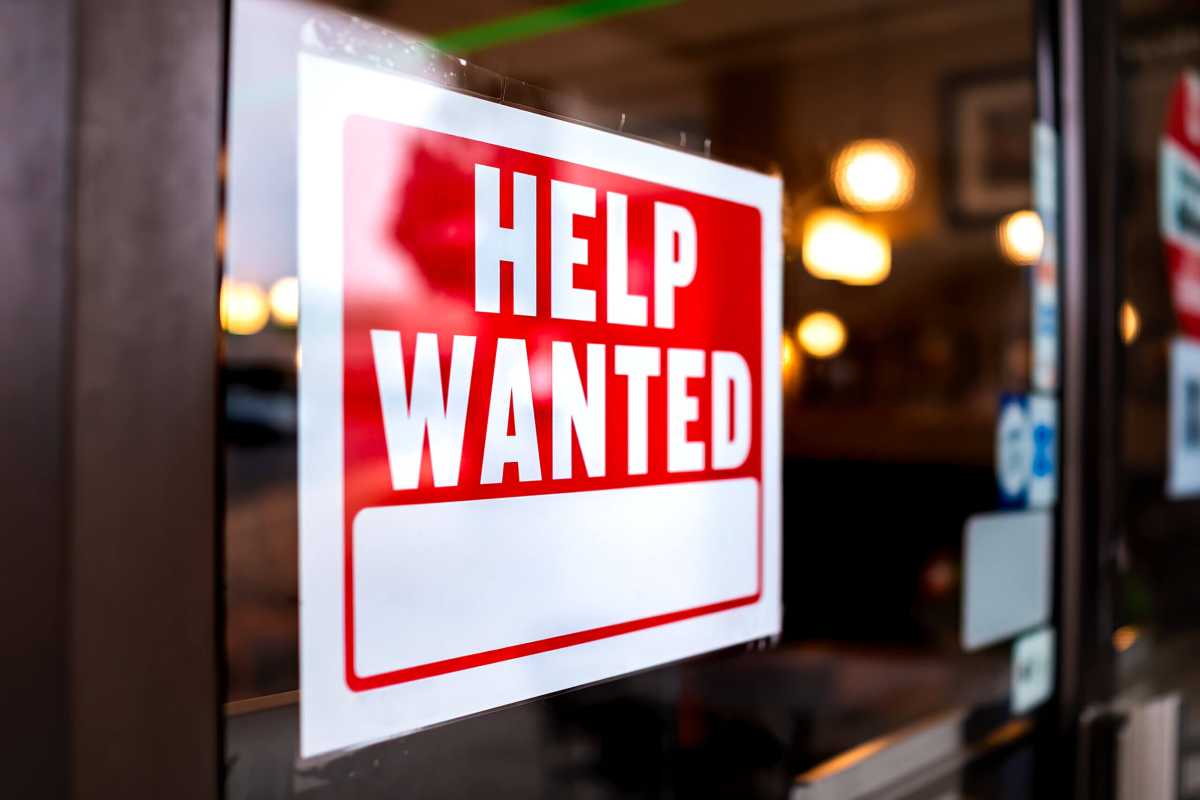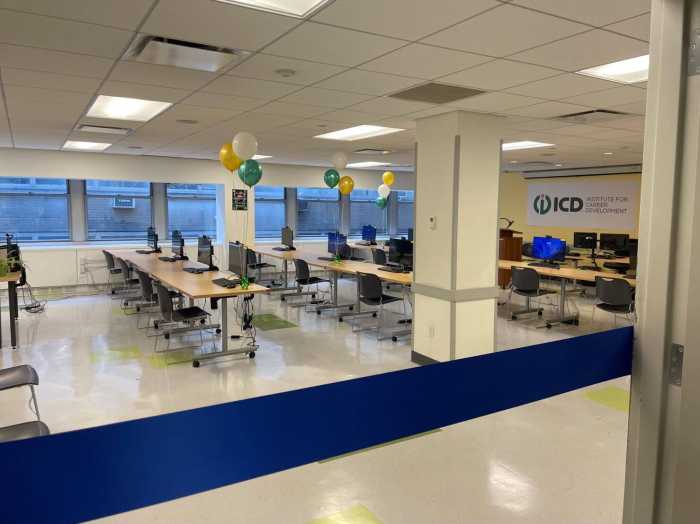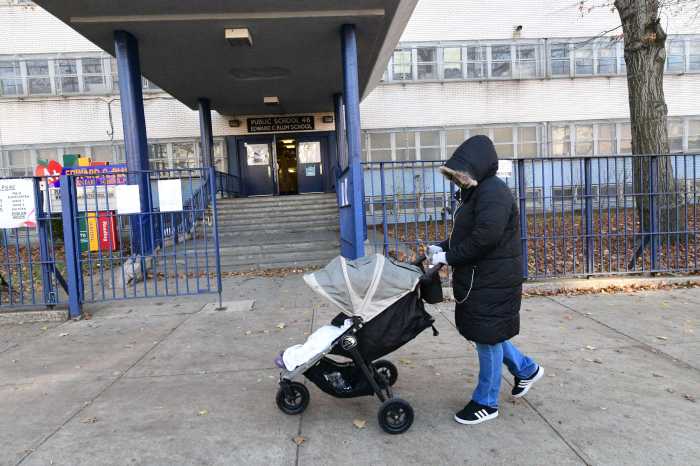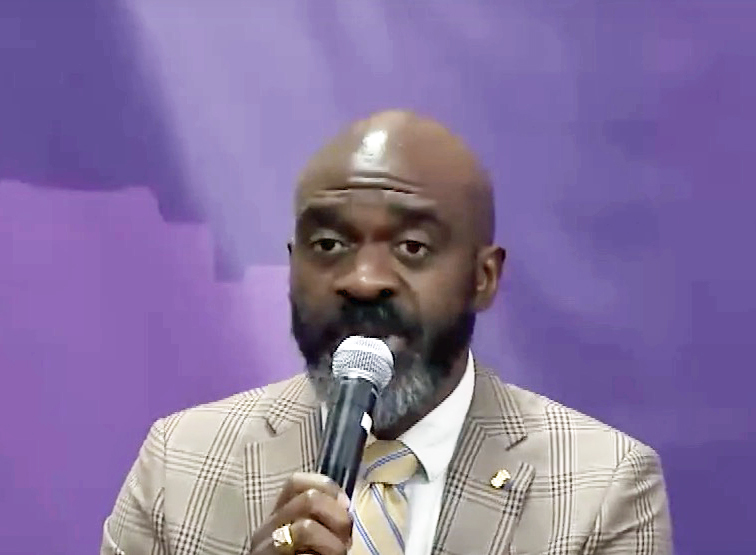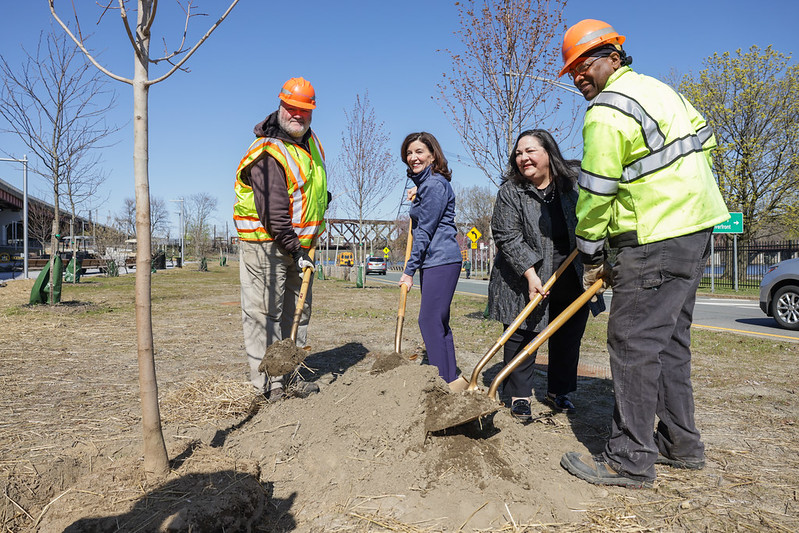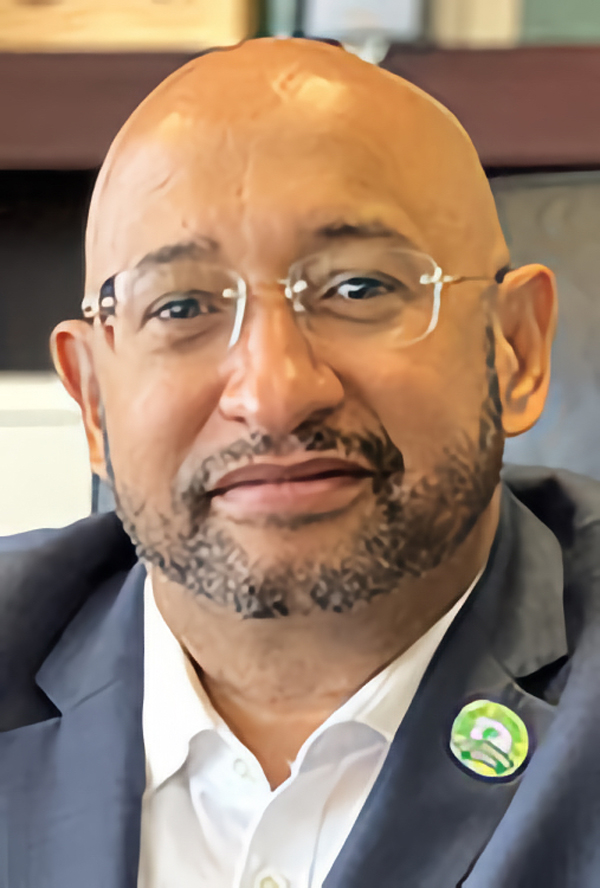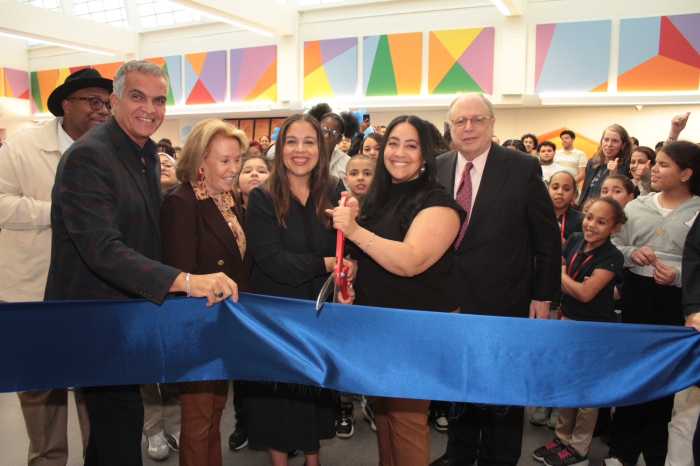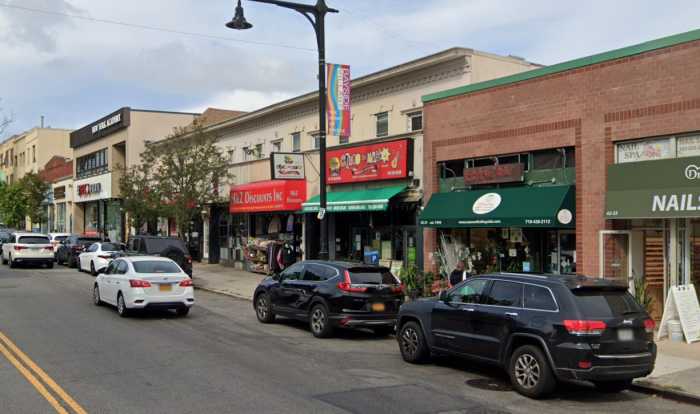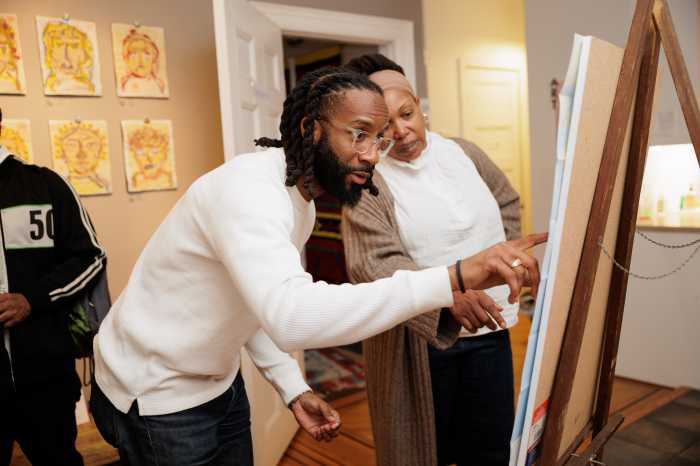October is National Disability Employment Awareness Month (NDEAM) and events are being held across the country to spread awareness about the importance of addressing barriers to employment opportunities for individuals with disabilities and encouraging employers to tap into an incredible pool of talent which, unfortunately, gets overlooked far too often.
According to data from the Institute on Employment and Disability at Cornell University, the top 3 reasons that HR Managers give for not hiring people with disabilities is a lack of qualified applicants, lack of related experience, and lack of requisite skills and training. Also mentioned, but less frequently, possibly because managers may be unwilling to admit it, are the perceived costs of accommodating an individual’s disabilities in the workplace and damaging and misinformed stereotypes around productivity and performance. The data also tells us that if organizations have an internship program for people with disabilities, there is a much greater likelihood for the interns to obtain full-time employment. What does that tell us? People with disabilities need work experience and training, and if they get that experience through an internship, they have a significant chance of getting hired.
We took that to heart at the New York City Department of Social Services (DSS). Through a grant from The Taft Foundation beginning in 2019 and now through New York Community Trust, DSS established an innovative public-private partnership with AHRC NYC, called Partnership for Inclusive Internships (PII) to host internships in NYC government for people with all disabilities – physical, health, mental health, cognitive, and sensory. Since its inception, the program has expanded to several other NYC government agencies and is now expanding to New York State government agencies. Over 150 interns have come through this program. 38% go on to work for the Agency that hosted them and a total of 57% go on to competitive employment while others continue their education and training. Experiences range from human services, clerical, finance and accounting, and policy and research.
This program has been a game-changer for our interns and for DSS, and now we look forward to seeing that success replicated across other City and State agencies. Jus last year, the PII initiative won the New York State ACCES-VR 2022 NDEAM Award for Collaborative Practices and Innovative Career Pathways.
PII helps remove significant obstacles to employment opportunities, while significantly changing the culture of our workplace for the better. The interns get vital work experience, a stronger resume, and professional references to greatly strengthen their candidacy for full-time roles. Stereotypes fall away as supervisors get much-needed assistance with long-neglected projects from people they may have been reluctant to hire, but now find indispensable. These supervisors then become the advocates for these interns, asking the PII team, often in the middle of the internship, “How do I get this person hired??”
AHRC sources the interns from several disability organizations, works with supervisors to develop appropriate placements, screens the candidates, and supports both the supervisors and the interns for the duration of the internship. Intern salaries are funded through NYS Acces-VR or the NYS Commission for the Blind, though some individuals receive school credit.
The PII Program also works closely with The New York City Mayor’s Office for People with Disabilities’ NYCAtWork Program both for referrals and to assist interns with finding work opportunities post-internship. We also utilize both the 55-a program in New York City and 55-b in New York State which allows people with disabilities to apply for jobs that they are qualified for without having taken the requisite Civil Service Exam.
In conclusion, internships for people with disabilities allow companies to proactively address the stigma and stereotypes that their staff may have towards hiring and working alongside people who are different from them. Instead of companies “telling” managers about the benefits of hiring people with disabilities, they are “showing” them the benefits in a way that is more likely to change the culture of hiring. An internship program is one of the best tools we have to move the needle forward on employment opportunities for people with disabilities. What are we waiting for?
Jennifer Shaoul is Executive Director of Disability Affairs at the NYC Department of Social Services



